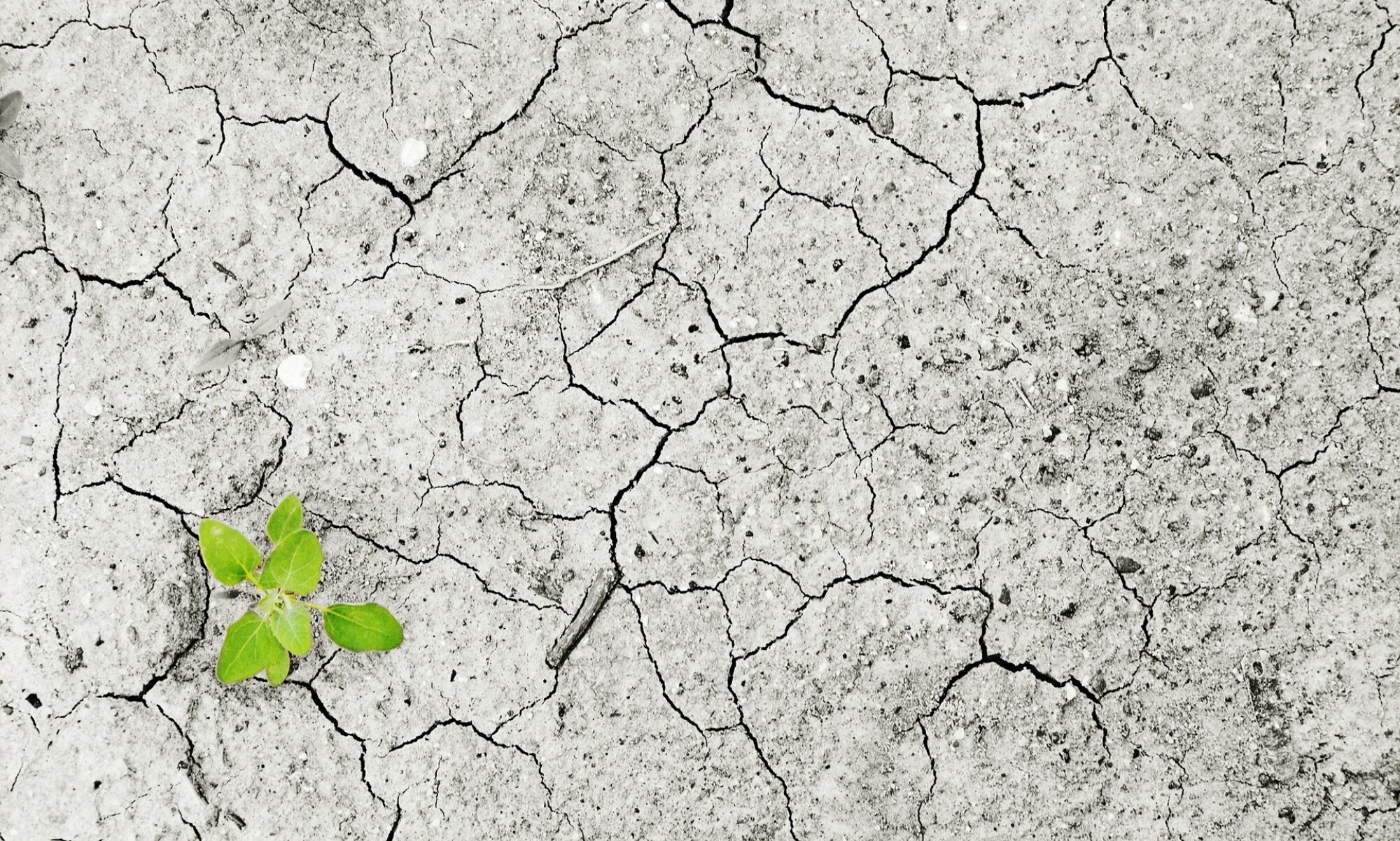Date: 17 June 2005
Court: Inter-American Court of Human Rights
Citation(s): IACHR Series C no 125 (Official Case No) IHRL 1509 (IACHR 2005)
Short summary
The Yakye Axa Indigenous Community brought a complaint against the state of Paraguay, alleging failure to acknowledge and enforce their right to own and occupy their ancestral lands. In ruling for the Community, the Inter-American Commission on Human Rights recognized that the realization of the right to life is necessarily linked to and dependent on the physical environment. The result was a state obligation to adopt positive measures to fulfill a standard of dignified life.
Summary by: Sophie Sklar
Click here to open the case in PDF format
Weight of decision
This case holds substantial weight in Paraguay and precedential authority in other Inter-American disputes, insofar as it reaffirms the Inter-American Court’s broad interpretation of right to life, which includes consideration of health, environment, education, and food standards.
Key facts
The Yakye Axa Indigenous Community had a land claim under consideration since 1993 without resolution. This made it impossible for the Community and its members to own their territory or have adequate access to food and health care.
Esteban Lopez, leader of the Yakye Axa Community, testified to the Inter-American Court that:
“Living conditions of the members of the Yakye Axa Community at the place where they currently live are difficult. The settlement is surrounded by cattle ranchers’ land, which they are not allowed to enter. They cannot hunt freely, they have problems finding food and protecting themselves in the country to avoid conflicts with the white persons. The men of the Community cannot feed their children regularly. The witness has to go elsewhere to obtain water and food for the boys and girls. Most members of the Community are jobless.” (¶ 15)
Previous instances
On March 3, 1997, the Yakye Axa Indigenous Community filed a suit against firms which had rented the land claimed by the Community, invoking the Paraguayan Constitution, as well as the provisions of Article 14 of Law 234/93 that ratified the International Labor Organization Convention No. 169 on Indigenous and Tribal Peoples in Independent Countries. On April 17, 1997, the Civil and Commercial Trial Court, tenth rotation, Secretariat No. 19, dismissed this action on time of filing grounds.1
In a separate but related proceeding, the Inter-American Commission on Human Rights filed before the Inter-American Court an application against the State of Paraguay. The Commission alleged that the State has not ensured the ancestral property rights of the Yakye Axa Indigenous Community and its members. The Commission filed the application based on the American Convention on Human Rights, for the Court to decide whether Paraguay breached Articles 4 (Right to Life); 8 (Right to Fair Trial); 21 (Right to Property) and 25 (Judicial Protection) of the Convention with respect to their treatment of the Yakye Axa. The Commission asked the Court to order the State to take certain steps as reparation and to reimburse costs and expenses.
Summary of holding
The Court had to establish whether the State generated conditions that worsened the difficulties of the Yakye Axa and, if so, whether it took appropriate positive measures to fulfill its obligations.
Continued on the next page…

